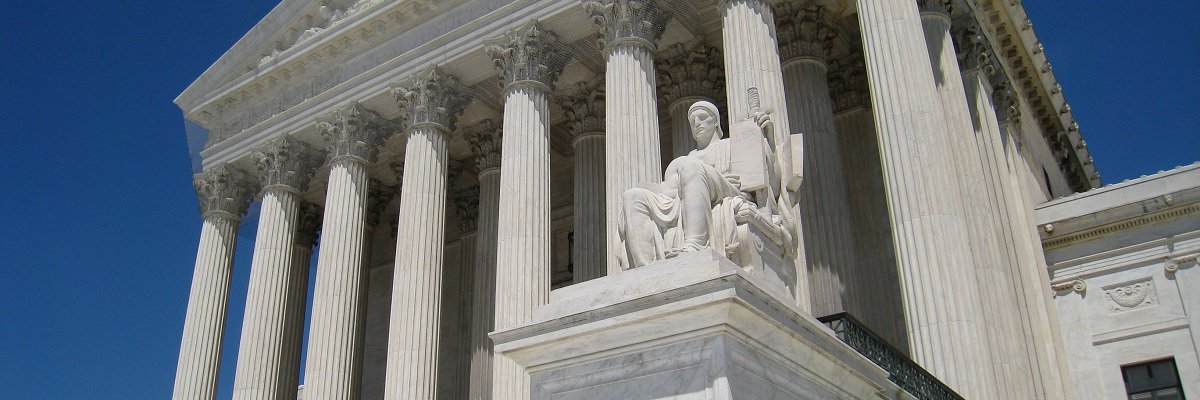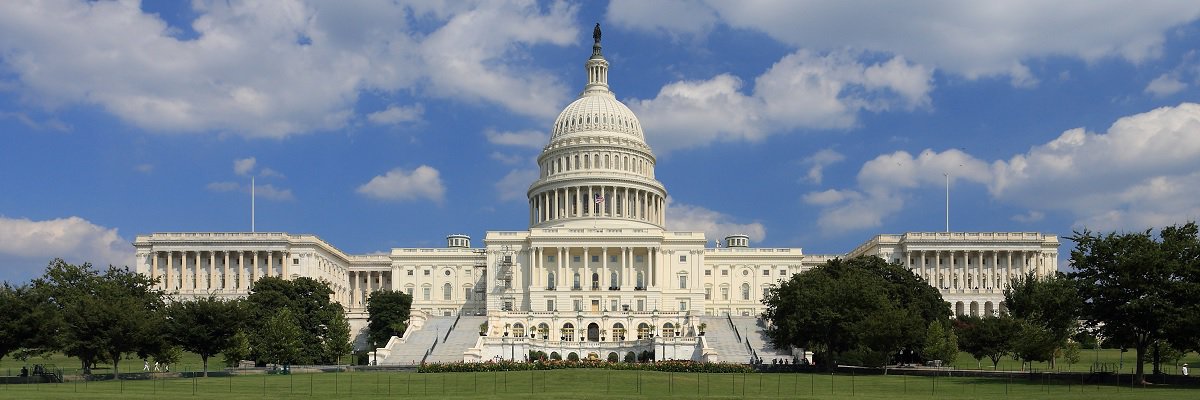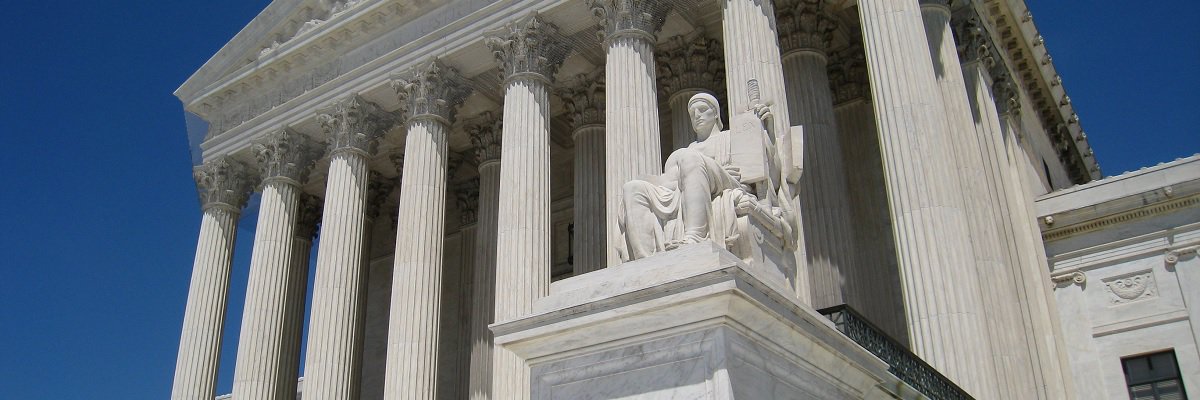The U.S. Supreme Court hears oral arguments in Food Marketing Institute (FMI) v. Argus Leader today, a case which examines where the line between confidential business data and the public’s right to know is drawn.
The case at hand involves a FOIA request filed by the Argus Leaders’ Jonathan Ellis, who requested food stamp reimbursement data to retailers from the Department of Agriculture.
If the court sides with FMI, the 1974 case National Parks and Conservation Association v. Morton could be overruled. The impact of that case was summarized in a Department of Justice newsletter, FOIA Update:
In 1974 … the District of Columbia Circuit Court of Appeals adopted a sharply circumscribed definition of “confidential” under Exemption 4 in National Parks, in it which it held that: “commercial or financial matter is ‘confidential’ for purposes of the exemption if disclosure of the information is likely to have either of the following effects: 1) to impair the Government’s ability to obtain necessary information in the future; or (2) to cause substantial harm to the competitive position of the person from whom the information was obtained.” 498 F.2d at 770 (footnote omitted).
This National Parks test requires that in order for information to be “confidential” – and thus protected it under Exemption 4 – the information’s disclosure must be likely either to threaten the government’s ability to get similar data in the future or pose a threat to the competitive position of the submitter. Since 1974, almost all courts have utilized these National Parks standards in determining whether documents are “confidential” for Exemption 4 purposes.
FMI, a trade organization representing retail stores around the country, has argued that “confidential” has been construed too narrowly, and instead should cover a much broader set of information, as Leslie G. Sarasin, president and chief executive of FMI, writes (emphasis added):
Our argument is based on FOIA’s Exemption 4, which protects from mandatory disclosure of all “confidential” private-sector “commercial or financial information” that comes into the government’s possession. Store-level SNAP sales data clearly fits within that category; no retailer makes public any information about each store’s market share in general, much less specifically for its customers who rely on SNAP. And the ordinary meaning of “confidential” requires only a showing that a business keeps something secret or away from public disclosure. As an industry, it is unquestionably true that retailers keep their stores’ SNAP redemption data confidential.
Joining FMI as amici are U.S. Chamber of Commerce, Retail Litigation Center, National Association of Convenience Stores, and a variety of other organizations.
News and transparency organizations, meanwhile, have lined up as amici in favor of Argus Leaders’ position. There is a concern that the interpretation put forth by FMI could essentially give corporations carte blanche when it comes to having government data withheld — particularly important as government services are increasingly outsourced.
Cortelyou Kenney, assistant director of Cornell Law School’s First Amendment Clinic, said that despite those concerns, she’s become increasingly optimistic about the outcome.
“The case has been quite messy as the case has progressed,” she said, pointing to standing issues that have been raised (the USDA was the original party in the lawsuit, but FMI intervened when they withdrew) and the fact the case pre-dates the FOIA Improvement Act of 2016, which added a “foreseeable harm” standard that raised the bar for withholding in cases disclosure is not prohibited by law, requiring agencies to show harm if the information is released.
Kenney said that because this case pre-dates the 2016 amendment, any decision would only impact other requests filed before the amendment — of which there are only nine currently being litigated.
If FMI wins its case, then she predicted transparency litigators would instead focus future lawsuits on the foreseeable harm standard.
Related Reading
- Supreme Court could limit FOIA, curtail investigative reporting
- Argument preview: Justices to consider meaning of “confidential” in Freedom of Information Act on SCOTUS Blog
Image by Daderot via Wikimedia Commons





